Language Teachers
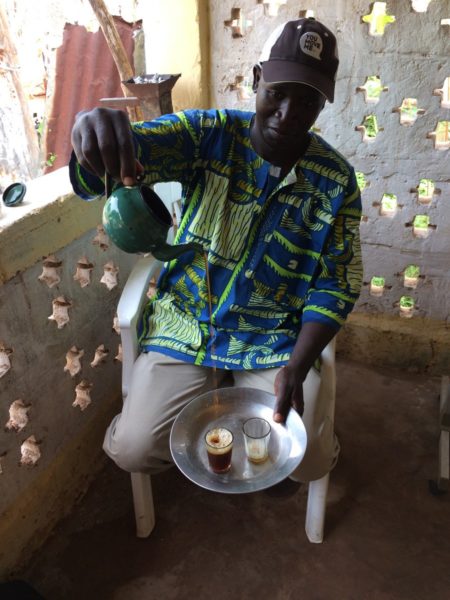
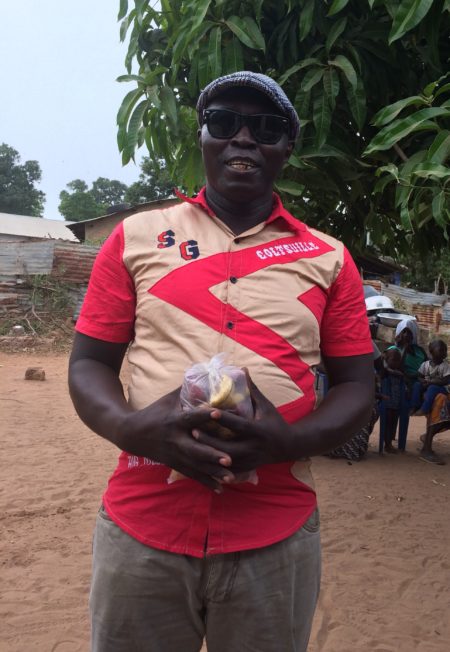
One aspect of our training was the support we received from our Language and Cultural Facilitator (LCF). Each training village had four trainees and one LCF staying there during the 8 weeks of pre-service training (PST). The LCF was proficient in the language we were assigned, and knowledgeable about the culture, customs and traditions of The Gambia. They were always available if we had questions or concerns during PST, made sure we followed the rules, and felt safe in our new home. During PST the LCF would leave their home village, where their family lived, and live in our training village, to teach and prepare us for service. They showed a genuine interest in each of us, and what life was like in USA. It seemed like they were as eager to learn from us, as we were to learn from them
During my time in training village, I had two LCFs, Bakary Camara was with us for the first half of training and Daniel Demba covered the second half. Bakary really enjoyed drinking Attaya, a West African tea drink that is steeped in cultural significance. I will write a blog about Attaya in the future. Daniel had an extremely varied career before joining Peace Corps as an LCF, and both men were very open about sharing their personal stories.
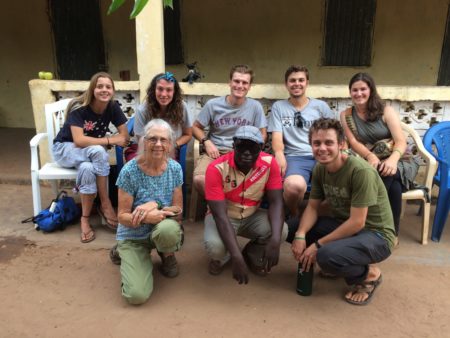
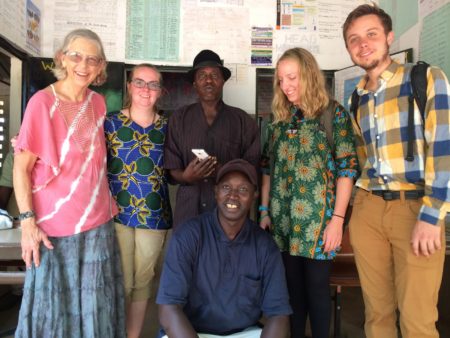
There was a very comprehensive Peace Corps language curriculum they were required to complete, for the trainees to be prepared for their per-service language test. The lesson plans were well prepared, we were given workbooks, a dictionary, cross cultural handbook, and they had creative ways to help us learn Mandinka. One of our assignments was to teach a lesson at the local secondary school. English is the official language in The Gambia, so at least I didn’t have to be proficient in Mandinka (which I certainly am not). I wanted to share something “American”, so I taught the game of Hop-Scotch to a group of seventh grade students. Gambian teaching is mostly lecture and memorization, so getting the students to actually play Hop-Scotch was a challenge, although the boys were more eager to participate than the girls. The students shared with me the Gambian version of Hop-Scotch, and the project turned out to be a successful cultural exchange.
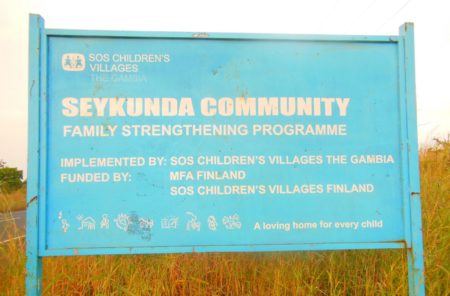
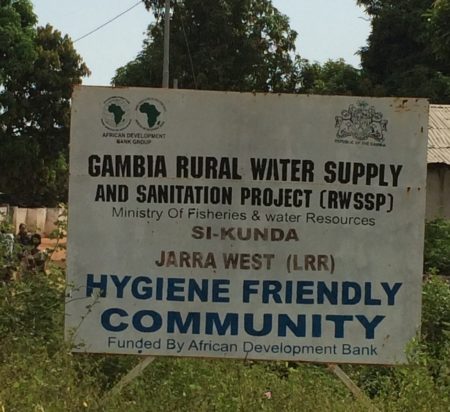
Mandinka was only an oral language for many centuries, and even now when it is written there aren’t consistent spellings. Different organizations used their own spellings for a village when designing their signs. See below for a sample of Mandinka phrases we needed to learn.
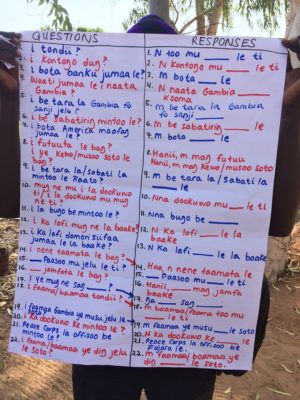 We had morning and afternoon classes in our village with the LCF, when we weren’t having sessions at the Peace Corps training site in Massembeh. They visited us in our home compounds, to make sure everything was going smoothly. Our host families could also contact them, if they had concerns about how we were adjusting. The first week, my host mom called the LCF after dark, to come and remind me to lock my door when I went to bed – a Peace Corp rule. Coming from a life where I never locked my house, or even took the keys out of my vehicles, I needed to understand that even though I felt safe, my host mom was not comfortable with me not following the rules.
We had morning and afternoon classes in our village with the LCF, when we weren’t having sessions at the Peace Corps training site in Massembeh. They visited us in our home compounds, to make sure everything was going smoothly. Our host families could also contact them, if they had concerns about how we were adjusting. The first week, my host mom called the LCF after dark, to come and remind me to lock my door when I went to bed – a Peace Corp rule. Coming from a life where I never locked my house, or even took the keys out of my vehicles, I needed to understand that even though I felt safe, my host mom was not comfortable with me not following the rules.
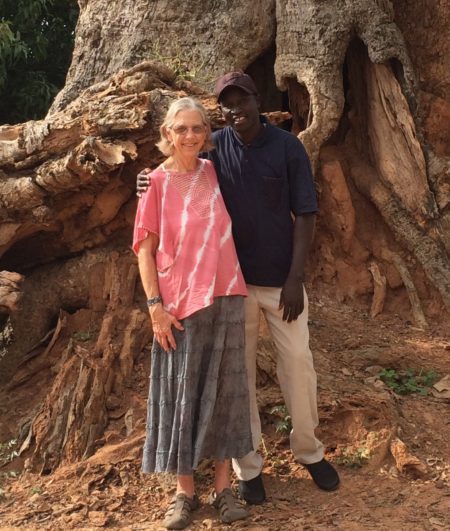
Developing a strong relationship with our LCF, was a big help integrating into this strange new culture. Our LCFs will continue to be available to us, and a resource for our entire two years of service. It’s very comforting to know that support is just a phone call away.
2 thoughts on “Language Teachers”
Fascinating information! It is great to get these updates from you. Keep them coming. Dave
I’m very much enjoying your blog and all the information you’re sharing. LOVE the pictures and you look amazing! I’m so happy this all came together for you to participate in such a wonderful experience.
Comments are closed.